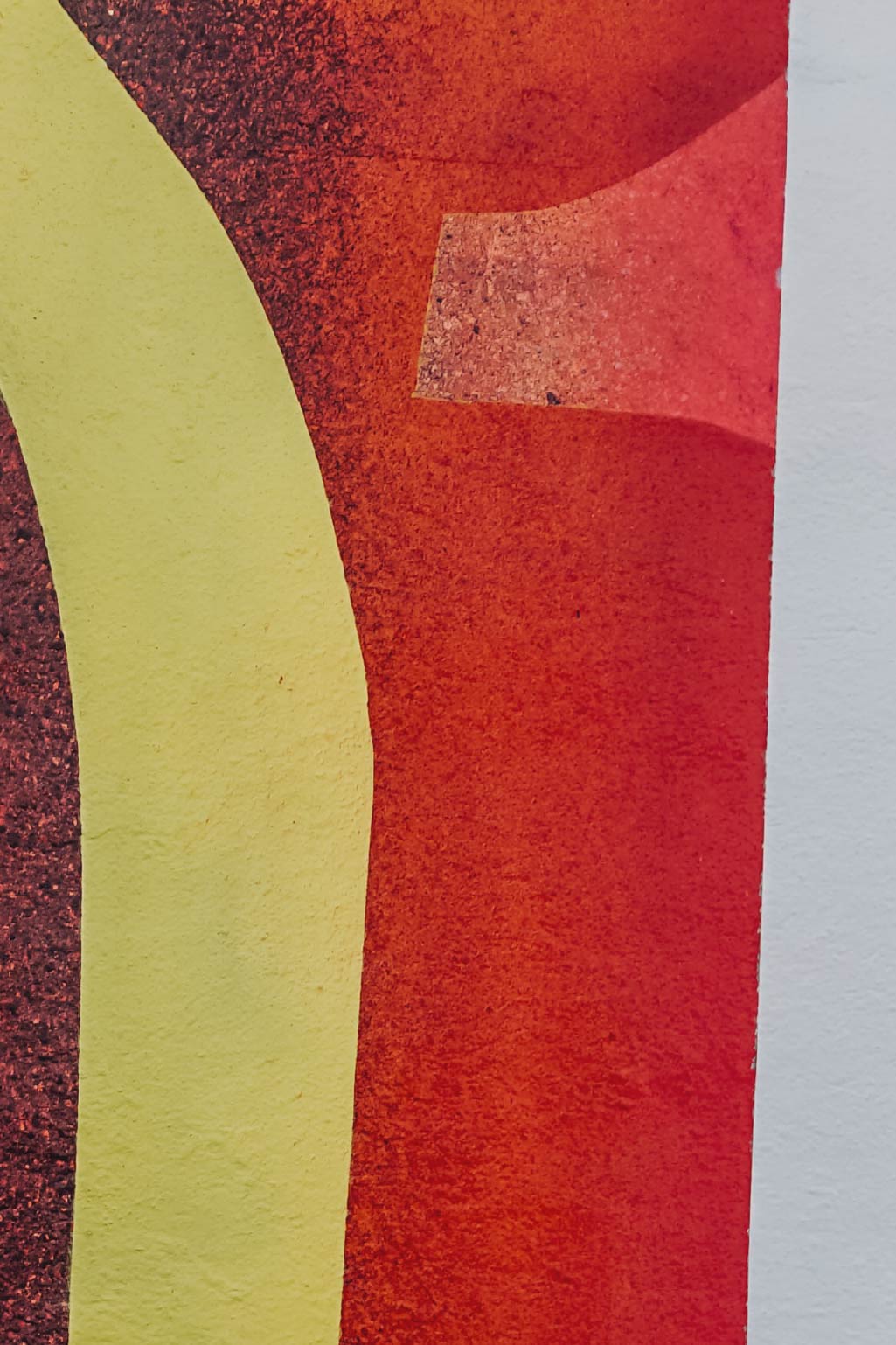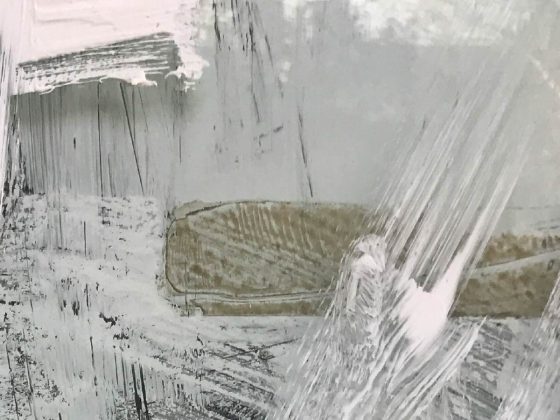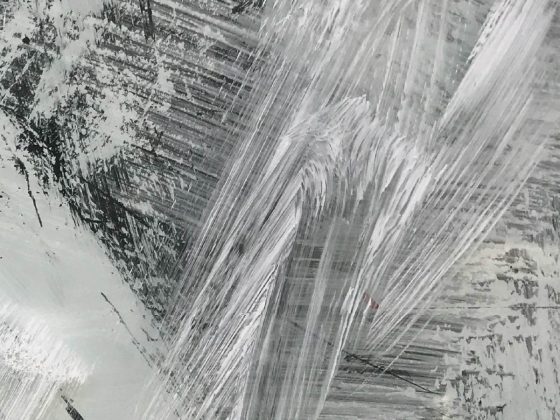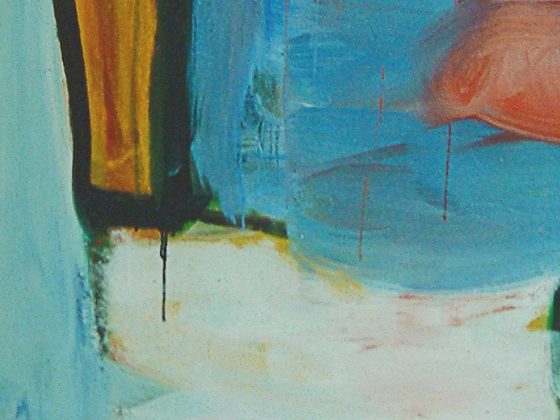Teología y cultura, año 17, vol. 22 (octubre 2020), pp. 107-120 ISSN 1668-6233
En este artículo el autor expone el modo en que la filosofía de Merleau-Ponty puede ser leída para intentar superar las aporías del dualismo moderno entre sujeto y objeto. Reconstruyendo el escenario filosófico en que Merleau-Ponty puede ser comprendido, el autor sostiene que la descripción fenomenológica del otro, en la obra de madurez, y el concepto de carne (chair), en la obra póstuma, permiten identificar un camino fecundo para superar el dualismo sujeto-objeto. Si bien Merleau-Ponty debe ser comprendido como un momento más en la evolución de la fenomenología, su propuesta es relevante para la comprensión de otras tradiciones filosóficas y teológicas, como es el caso de Paul Tillich.
Palabras clave: Merleau-Ponty. Fenomenología. Carne. Otro.
Abstract: In this article the author exposes how Merleau-Ponty’s philosophy might help in the task of the overcoming of the dualism between subject and object. With the description of the philosophical scenario required to understand Merleau-Ponty’s philosophy, as a starting point, the author claims that the phenomenological description of the other, in the works of maturity of Merleau-Ponty and, in particular, the concept of “flesh” (chair), in the posthumous works, opens a path to overcome the subject-object dualism. Although Merleau-Ponty must be interpreted as a moment in the evolution of phenomenology, his proposal could be relevant for the understanding of other philosophical and theological traditions, such as Paul Tillich.











